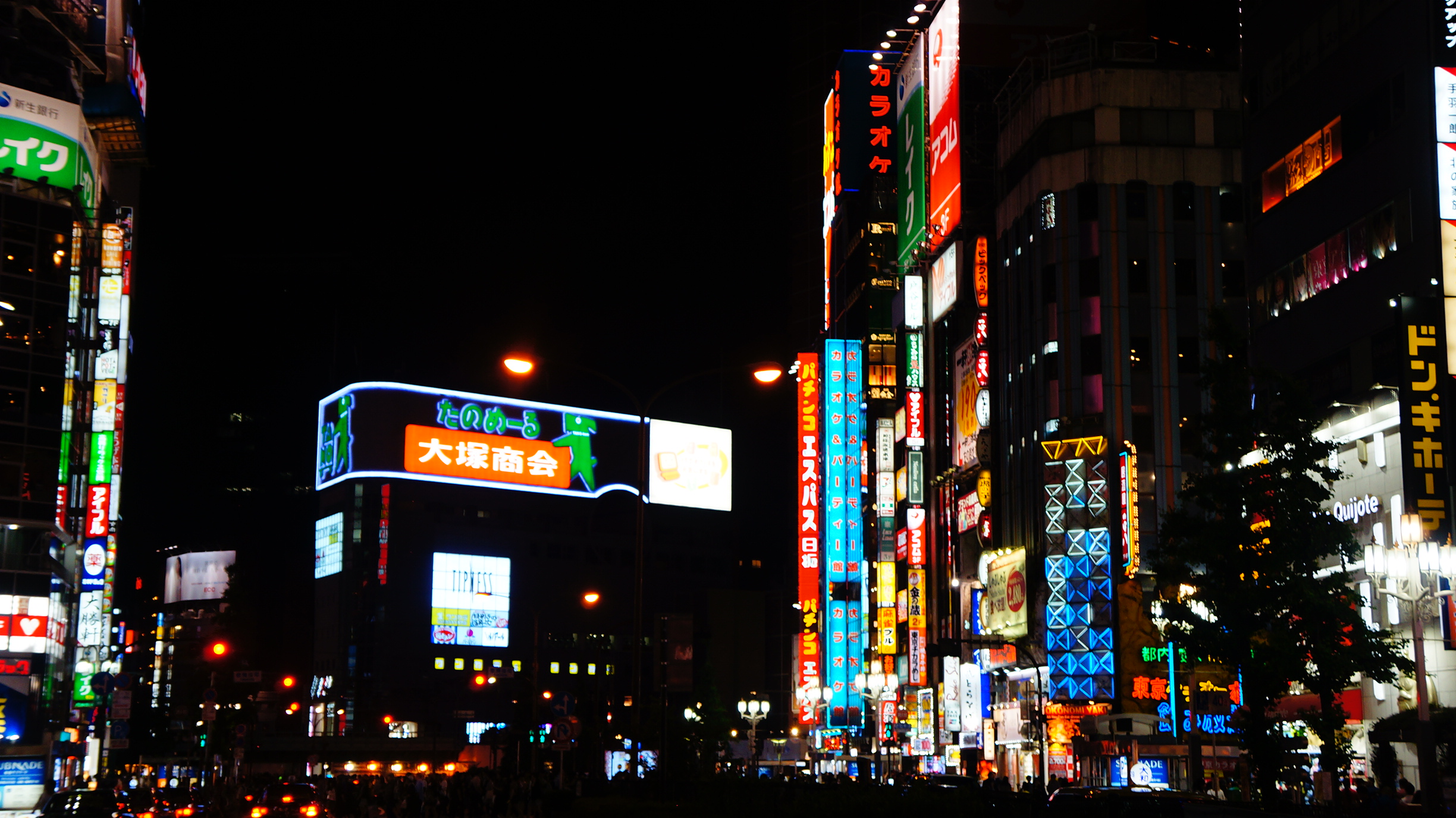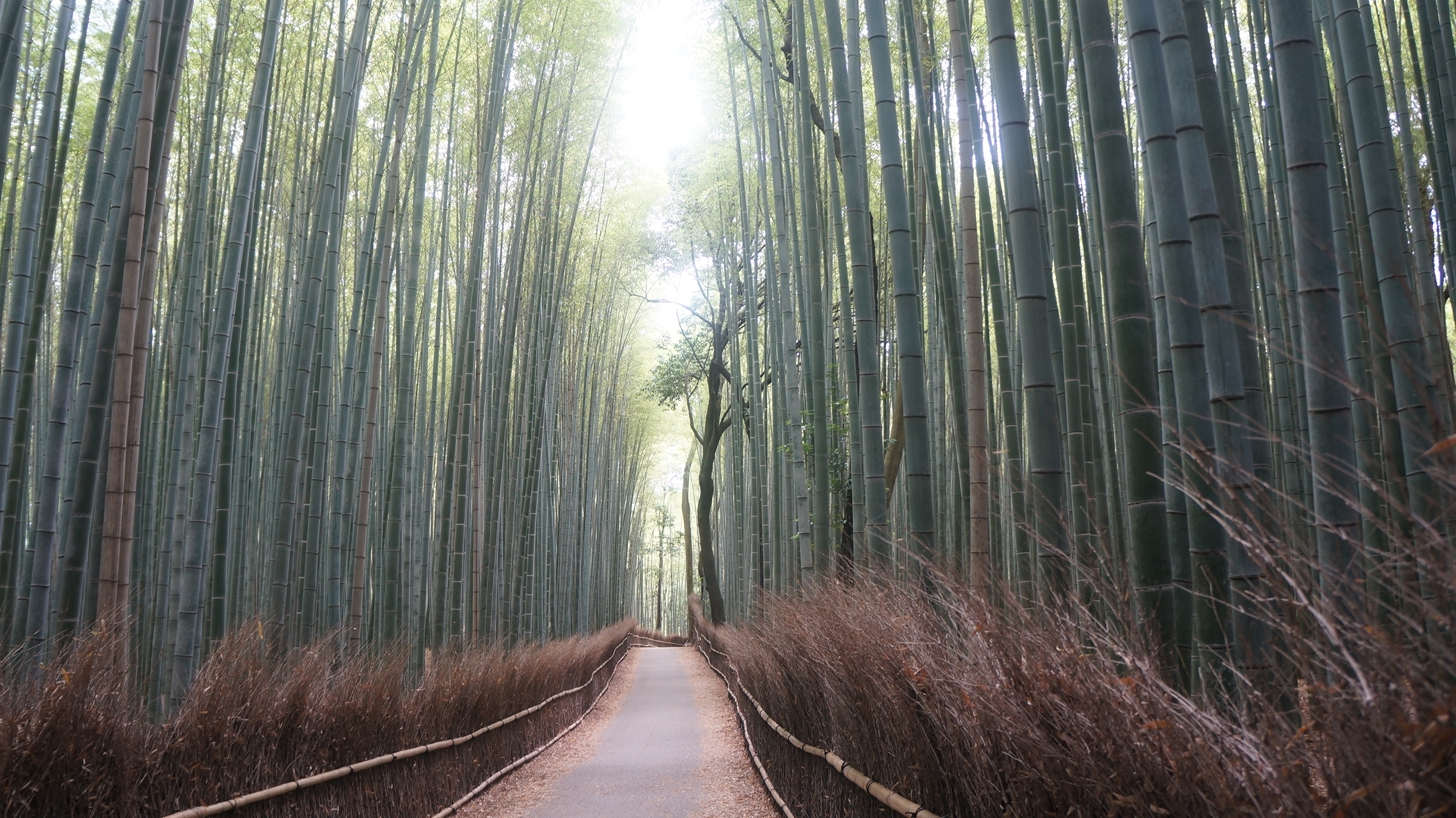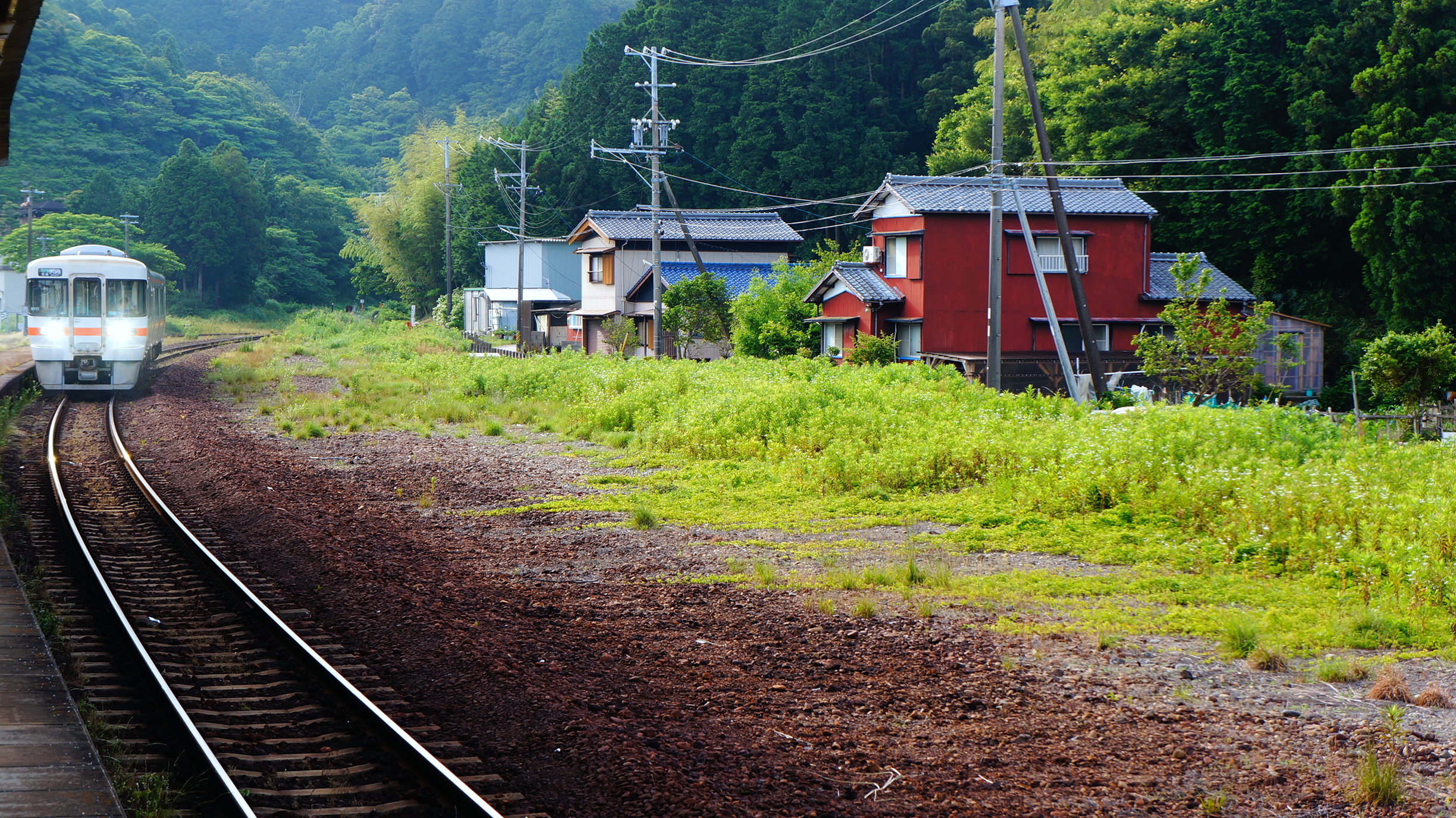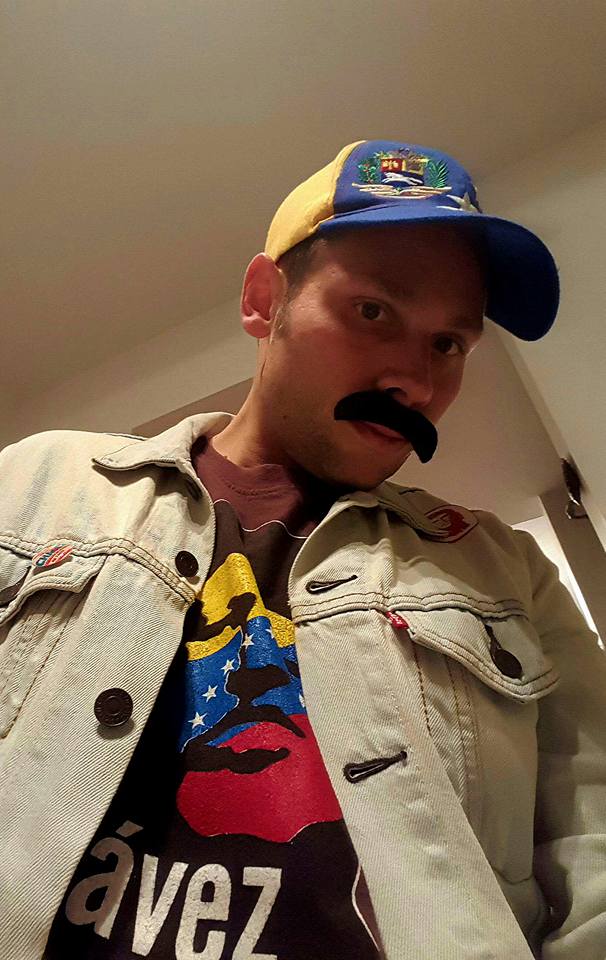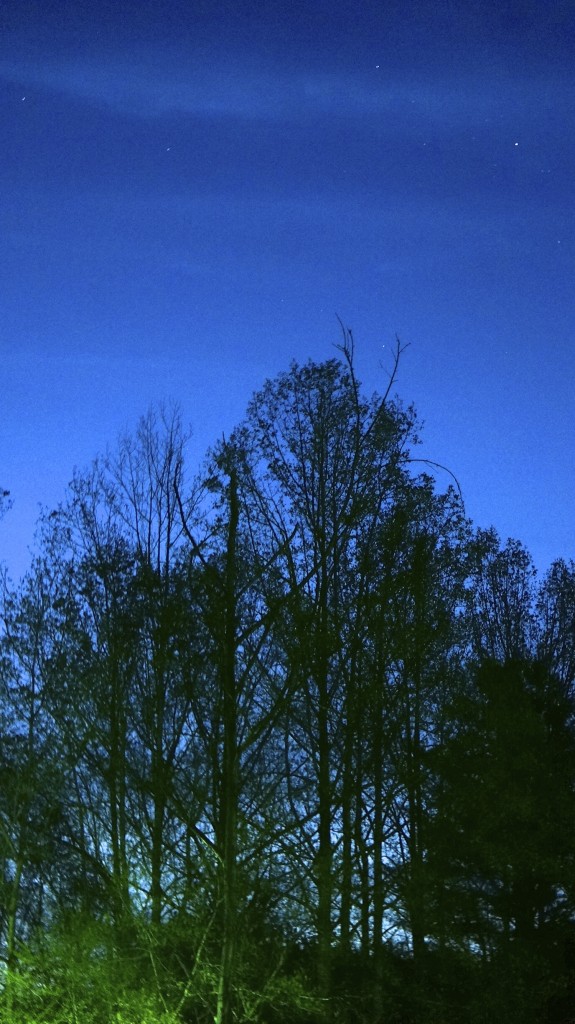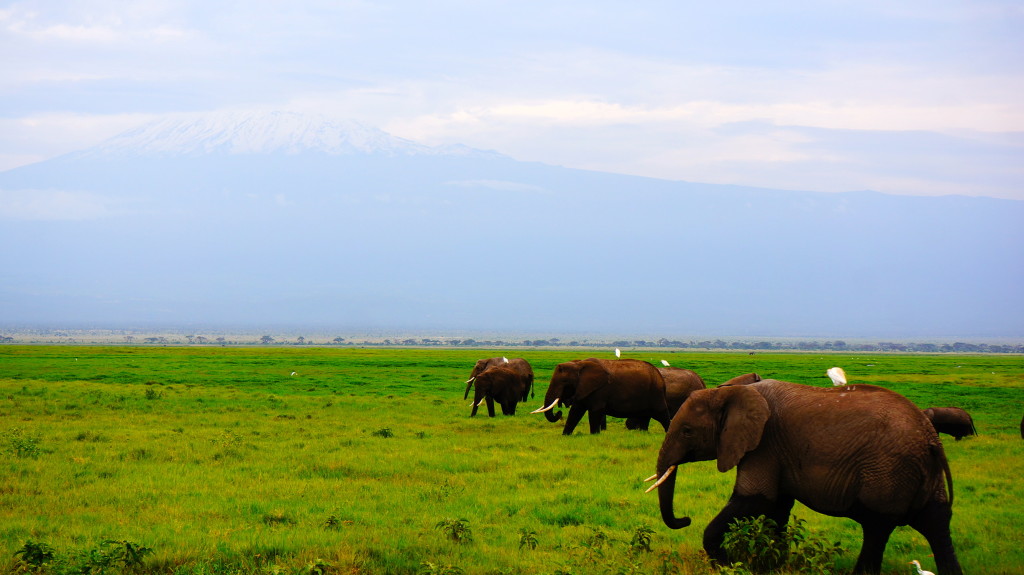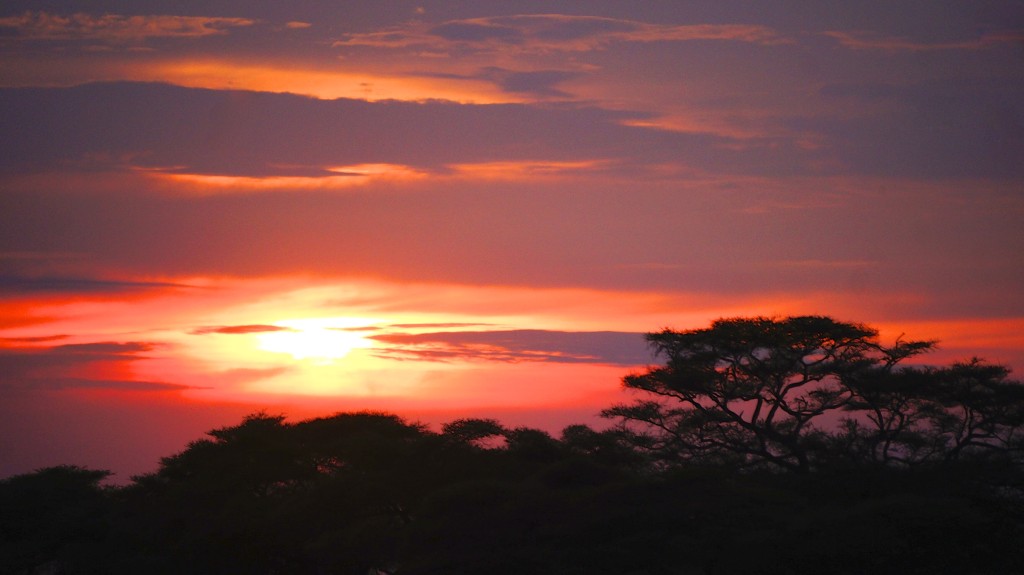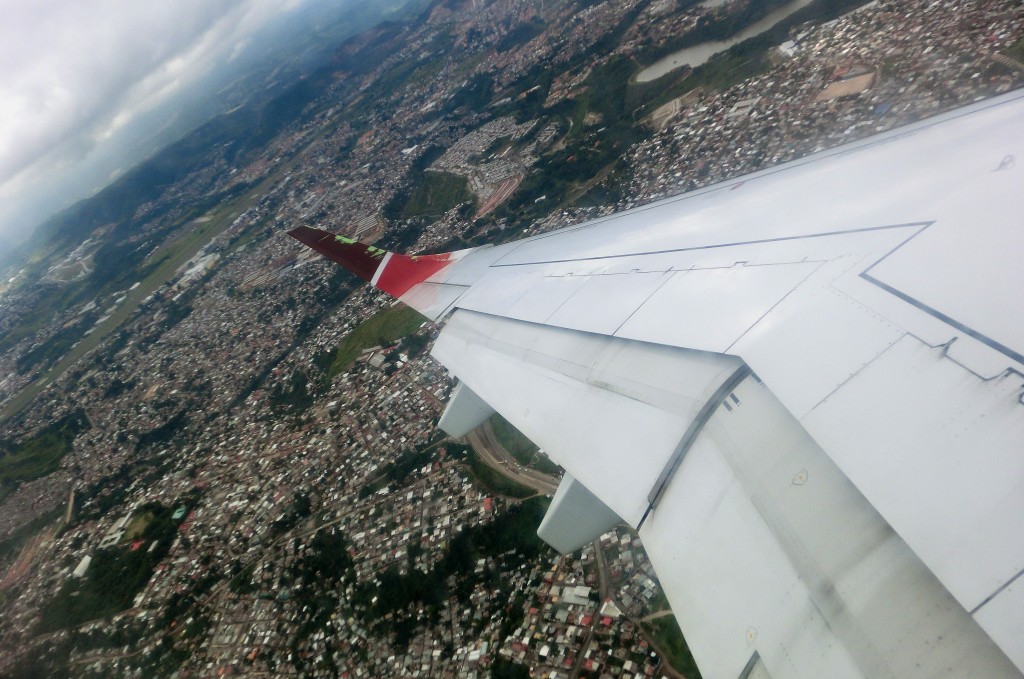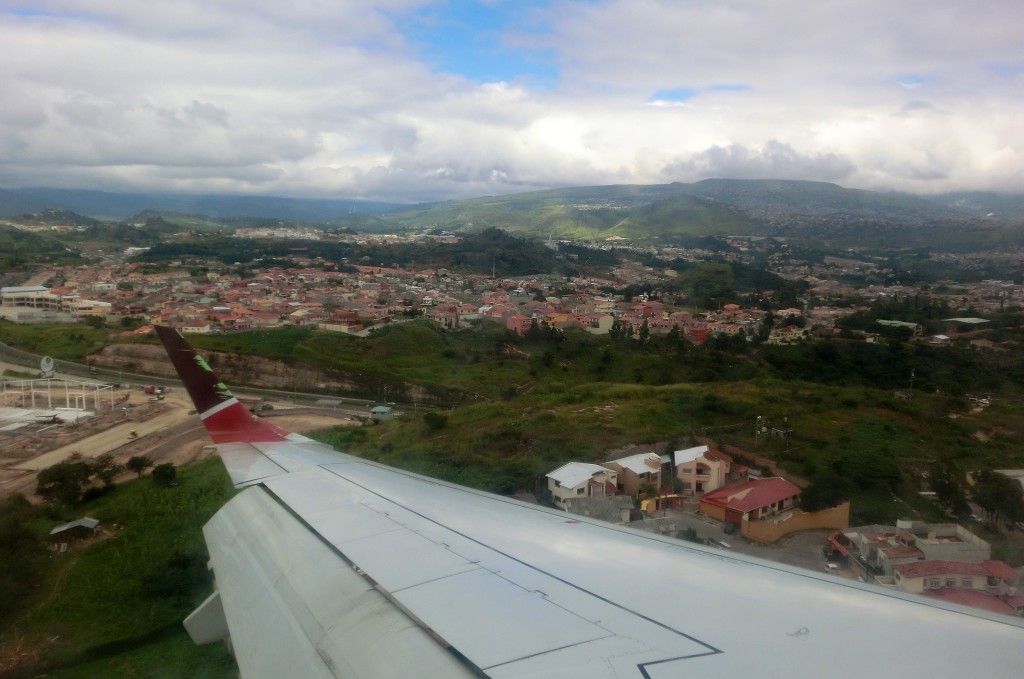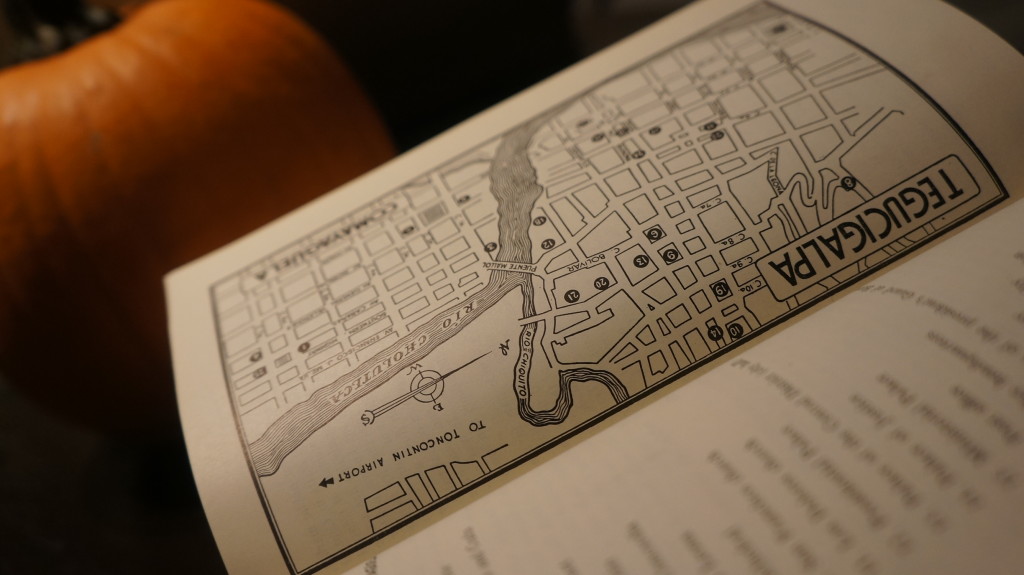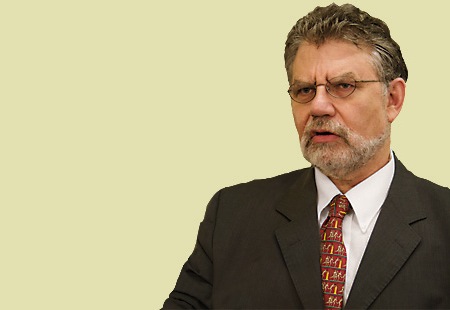The ‘religious freedom’ executive order was a cheap photo opportunity, a publicity stunt; it doesn’t (yet) rewrite the Internal Revenue Code and constitutionally, it cannot.![]()
The American Health Care Act passed the House of Representatives, narrowly, by a 217 to 213 margin today, too, but it certainly will not survive the Senate in its current form, which was denounced by every group from the American Medical Association to the AARP. That’s quite clear from Orrin Hatch, let alone moderate Republicans like Susan Collins.
Repeal of much of the Dodd-Frank Act, the financial services reform, is making its way through the House — and may also pass the House, but unless the Senate eliminates the legislative filibuster, Republicans will be hard-pressed to find 60 votes in the Senate, where Massachusetts senator Elizabeth Warren, whose chief policy legacy is the Consumer Financial Protection Bureau, will surely stand for hours to filibuster her way to national political stardom.
Meanwhile, Trump (though he had a temper tantrum about a shutdown) and the GOP caved on a budget that looks very much like something Hillary Clinton would have approved.
Good luck to Trump in solving Puerto Rico’s impending bankruptcy and a pending referendum on statehood in two months.
Nikki Haley, James Mattis and H.R. McMaster (the latter replacing an erratic national security advisor fired in disgrace just 20 days into the administration) are ignoring the lunacy of Trump’s unthinking blather, contradicting him in plain sight and driving a sane foreign policy not dissimilar to Obama-era policy: pro-NATO, cautious of Russia, ambitious to look to the Pacific, reluctant to get bogged down in the Middle East. (Yeah, yeah, Israeli-Palestinian peace is so easy, Don). As Haley and Mattis, in particular, travel the world putting out Trump’s fires, allies (and rivals) are learning not to take seriously the words of the sitting American president. It takes something to kick an Australian prime minister twice in four months. For months — years! — NATO was obsolete; then, all of a sudden, ‘NATO is no longer obsolete.’ At this point, I almost expect Trump to try to renegotiate NAFTA by extending it to South American and Asia and calling it the ‘Trump Pacific Partnership.’
If you could forget (for one millisecond) just how much is at stake for the lives and livelihoods and safety of so many Americans (to say nothing of South Koreans, Japanese, Europeans and so on), it would be endearing, even touching, to watch a president learn what the job entails in real time. It’s a ‘teachable moment,’ as one former certain president liked to say. For Trump’s hard-core nationalist supporters, the first 100 days must have felt like a Schoolhouse Rock. Policy — from Chinese relations to US health care reform — is indeed harder than you thought.
I don’t doubt the challenges ahead for those of us who oppose Trump. Immigrants are terrified, and there are reasons for women, people of color, LGBT Americans and the poorest among us to be especially anxious. I will not minimize the ugliness and the divisiveness that Trump has single-handedly brought into American political discourse.
But today was (mostly) smoke, not fire, and it seems like House Republicans put themselves on record supporting a deeply divisive bill that will never become law — without so much as a CBO score. They may pay dearly in 2018. That’s still a long ways off.
For now, Obamacare is still intact (though, yeah, it has some flaws that need fixed). So is the Johnson Amendment. So is the EPA. So is the Export-Import Bank. So is USAID. So is State. So is the FBI (which continues to investigate the Trump campaign’s ties to Russian intelligence). So are all our institutions, even if they have no political appointees.
The not-quite-a-Muslim ban was halted twice by federal courts, and so many eyes are on Trump that he’s deported fewer immigrants (so far) than Obama. Not a single brick of border wall is built (it’s an idiotic idea anyway for anyone who understands modern air travel), and Mexico is certainly not going to pay. Though Trump may outrage Mexicans enough that they elect a leftist populist of their own in 2018.
Meanwhile, sensible tax reform (including lower corporate rates and some form of repatriation), Trump’s oft-promised infrastructure spending and Ivanka Trump’s promise of universal maternity leave — all of which would have been top priorities in a Clinton administration, working with House speaker Paul Ryan and Senate majority leader Mitch McConnell, now seem farther than ever from being enacted.
Governing is tough work, and the Trump administration has no clue how to do it.
Reince Preibus, Steve Bannon, Jared Kushner, Ivanka Trump, Gary Cohn — they are all competing for Trump’s ear, and they all have their strengths and weaknesses in the Oval Office. But they share in common this: none of them had a day’s experience in government before January 20. Rex Tillerson, whose sole experience is with one company — Exxon-Mobile — still doesn’t even have a deputy secretary of state, let alone anyone else to guide him.
Every day, the novelty of Trump’s blather on Twitter wears off, as do the outlandish remarks showing just how little respect he has for American history and the American presidency (‘no one asks why the Civil War was fought,’ come on). As on The Apprentice, he’s doing a great job pretending like he’s in charge, running things. Hell, I don’t care how much he golfs. I don’t care how many times he throws fake Rose Garden parties for fake legislative accomplishments, spews fake facts about the world and his administration, all while whining about fake news. There’s one statistic from which Trump can never hide: 28.1 million watched the Season 1 finale of The Apprentice. By the last season, that shrank to just 4.5 million, as the schtick wore off and viewers grew bored.
Savor that, at least, tonight, on a day of such venom, hubris and pain.
When Barack Obama was president, I wrote often about his flaws on foreign policy, and I certainly would have done the same with Hillary Clinton — or Mitt Romney or Jeb Bush or Ted Cruz or John Kasich.
If and when the Trump administration scores a major foreign policy or diplomatic victory, I’ll be the first to applaud.
But I’ll never relent. Trumpismo and its empty know-nothing populism is a fraud, and it has been since June 2015 — most of all to the voters who elected Trump to the most important elective office in the world’s largest economic and military power.
For those of us — conservatives, liberals, libertarians — who have always been #NeverTrump, keep up the fight, each in our own ways, for a government that works to maximize economic and cultural opportunity for all. And let’s take a moment, on such a dreary day for the American republic, to love one another and continue seeking ways to bring Americans back together, with a government in 2018 and 2020 that we can respect again.

